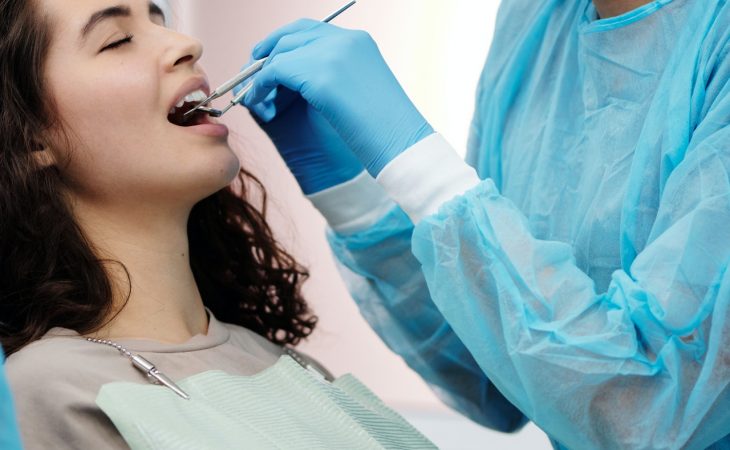Nowadays, dentists can accomplish many things to make your mouth healthier, and your smile look better. But, some don’t visit the dentist because they are worried about dental visits. If you’re one of these folks, be assured that a pain-free and anxiety-free experience is attainable.
Local anesthetics can perform this to suppress your pain feelings or by administering medicine to help you relax. Sometimes, both are needed for optimal comfort, mainly if the injections which give local anesthetics are the leading cause of concern for you.
If you’re scared of dental treatment, your guard increases, and your threshold for pain drops; expecting pain causes you to be hypersensitive to any sensation, including sounds. If this is the case for your visit to the dentist, you may get sedatives used during your appointment to relax you.
Sedation Dentistry
You’ll be required to supply your complete medical information, including prescription and non-prescription drugs you’re currently taking before any sedatives are recommended. Since certain medications can take time to get rid of, you may require someone to transport you to any appointment during the course you receive your treatment.
Oral Sedation
Many people favor oral sedation (sedation consumed by mouth) since it does not require needles. Oral sedatives can be taken as pills or dissolved under the tongue. Both methods are easy to put into practice.
Through extensive research and testing, several oral sedatives and anxiolytic (anxiety-dissolving) medications were developed to make you comfortable and relaxed during your dental visit. They have a long track experience in security after years of use.
Some even possess “amnesic” characteristics meaning that you’ll lose track of little or nothing when you are awake during the therapy. Look up “Sedation dentistry Burnaby” for the best results.
Inhalation Conscious Sedation
For over a century, nitrous oxide, an inhaled anesthetic, has been used in dentist clinics. It is a mediocre pain reliever; however, it’s a tremendous anti-anxiety medication. It’s administered via a nasal hood, like a cup placed over your nose.
The oxygen combined with nitrous oxide produces a light-headed or even euphoric effect which quickly disappears, leaving no “hangover” impact. All body processes are virtually normal during this sedative, which is entirely secure. Look up “Sedation dentistry Burlington” for more information.
IV Conscious Sedation
Sedatives administered intravenously (into the vein) are more potent than sedatives administered orally as well as their effects on memory might be more profound. Because IV sedation immediately impacts the body’s functions like blood pressure, heart rate, and respiration, it poses a greater risk than other sedatives. Also, it requires a higher degree of education for the people in charge of administering it.
It is recommended to be monitored with specialist equipment while receiving IV sedation, just like with all types of sedation (excluding Nitrous oxide). The primary benefit is that the drugs given in this manner start taking effect immediately, and the amount of sedation can be adjusted more rapidly. There will be no memory of your dental procedure after the impact of sedation fades with most sedatives. Dentistry in Ajax offers sedation for any dental treatment.




